In Feng Shui, plants are more than just décor—they’re living symbols of energy, vitality, and abundance.
The right plants can uplift your home’s Chi, attract prosperity, promote health, and improve relationships.
But not every plant brings luck. You need plants that align with Feng Shui principles—ones with strong, vibrant growth, rounded leaves, and peaceful energy.
Here are 12 of the most powerful lucky plants you can keep at home, along with what they attract and where to place them for the best results.
Money Tree (Pachira Aquatica)
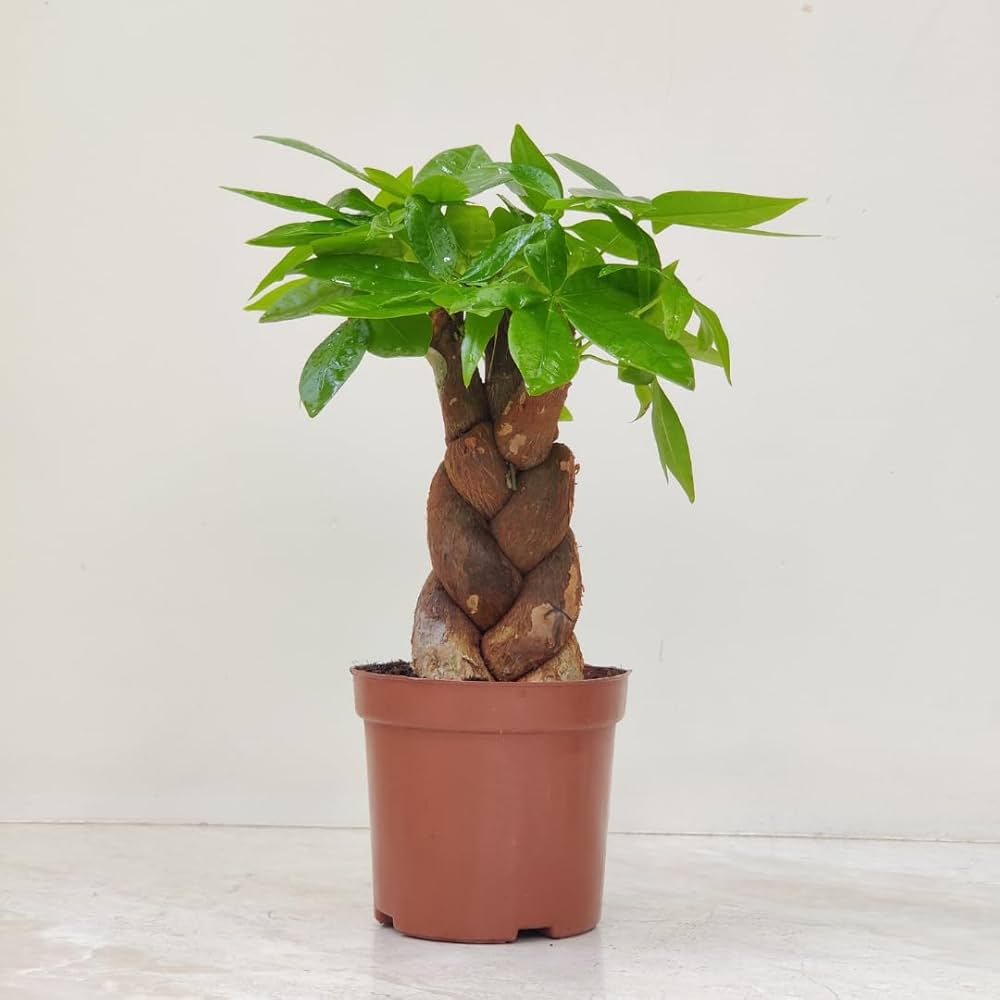
This is perhaps the most well-known Feng Shui plant for wealth. The money tree is believed to bring financial success and good fortune. It’s often braided at the base, which is said to lock in prosperity.
Place it in the southeast corner of your home or office to activate the wealth sector. Avoid letting it dry out or sit in dark corners—healthy Chi depends on a thriving plant.
Jade Plant (Crassula Ovata)
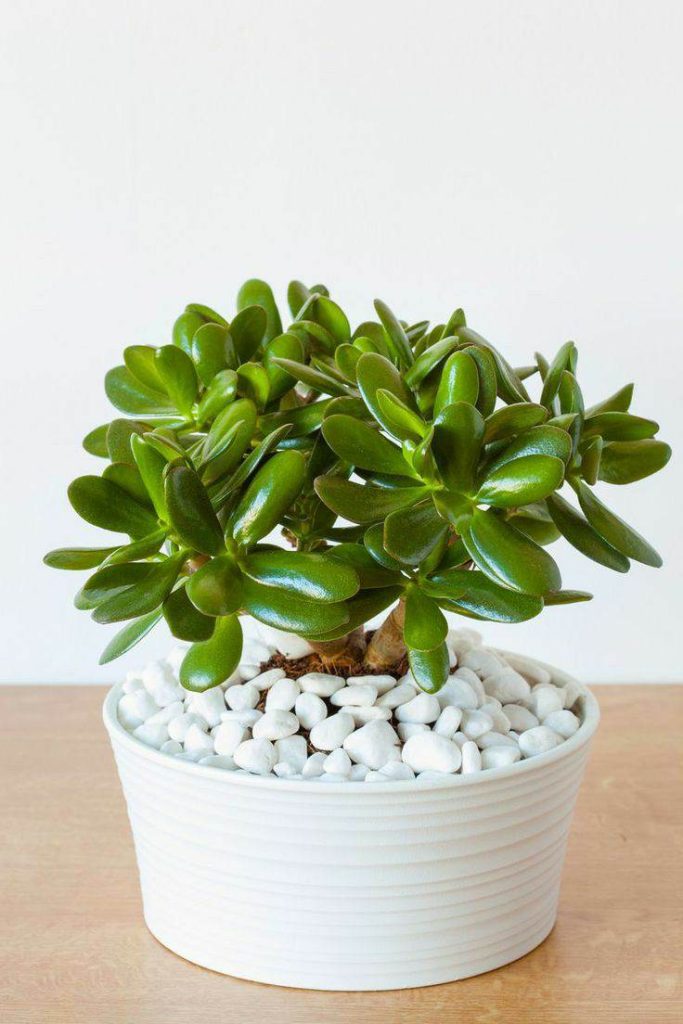
Known as the “friendship tree” or “money plant,” the jade plant is a symbol of growth, wealth, and good relationships. Its round, plump leaves represent coins.
It’s perfect near the front entrance (but not directly opposite the door) or in the southeast corner. Don’t overwater—this succulent prefers dry soil.
Lucky Bamboo
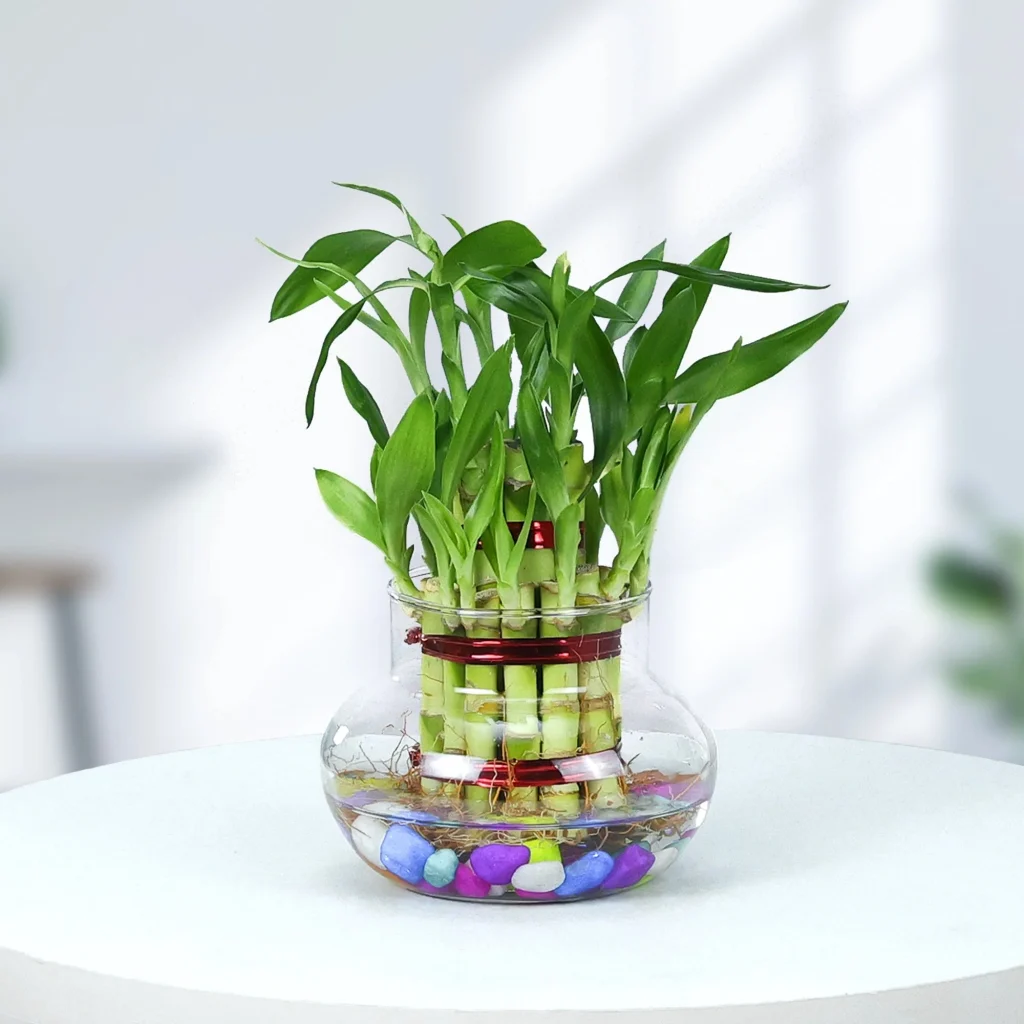
Lucky bamboo isn’t actually bamboo, but it’s loved in Feng Shui for its clean lines and upward growth. The number of stalks has symbolic meaning—three for happiness, five for health, and eight for wealth.
Keep it in a glass container with clean water and pebbles in the east or southeast area of your home. Tie it with a red ribbon to activate luck.
Peace Lily
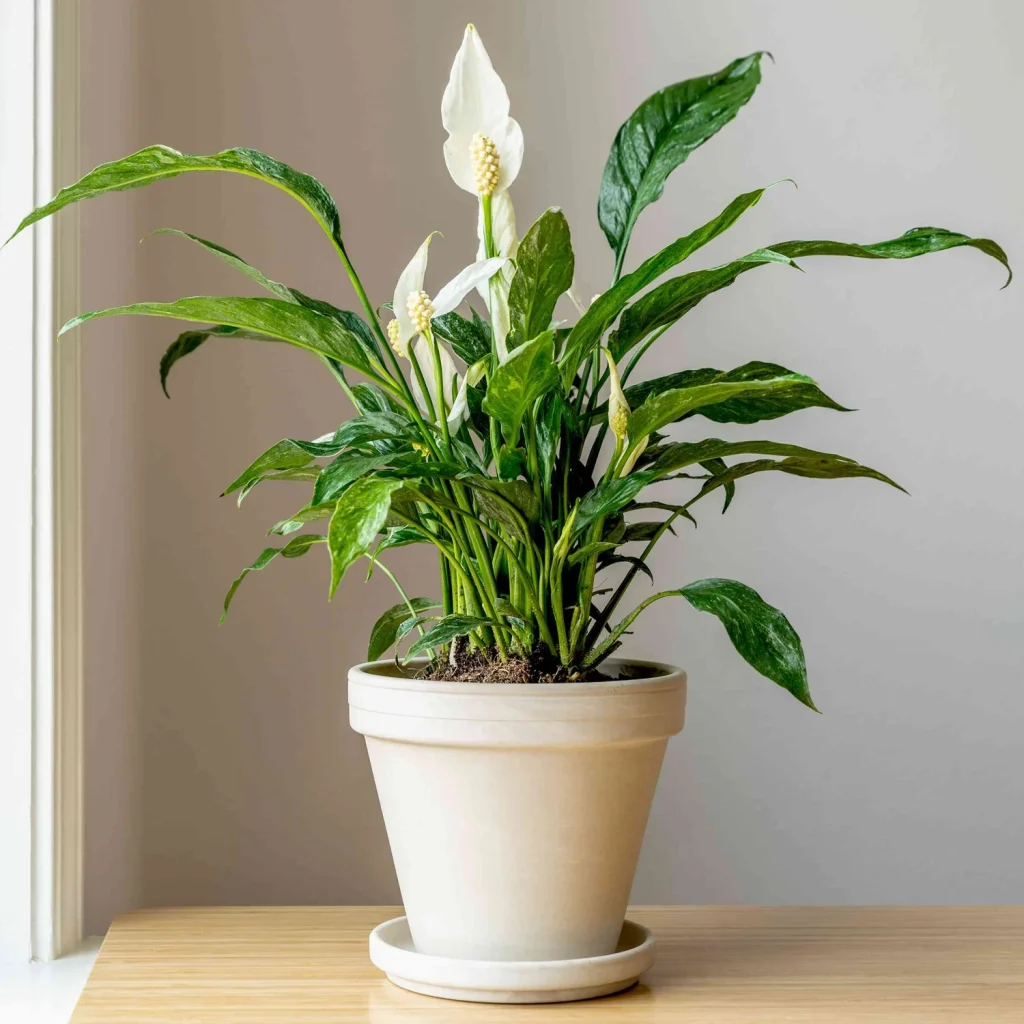
This graceful plant is a favorite for balancing energy. It purifies the air and brings a sense of peace and harmony into the room. Its white blooms symbolize purity and healing.
The peace lily is ideal for bedrooms, bathrooms, or living rooms. It’s especially helpful in the center of the home to promote overall well-being.
Snake Plant (Sansevieria)
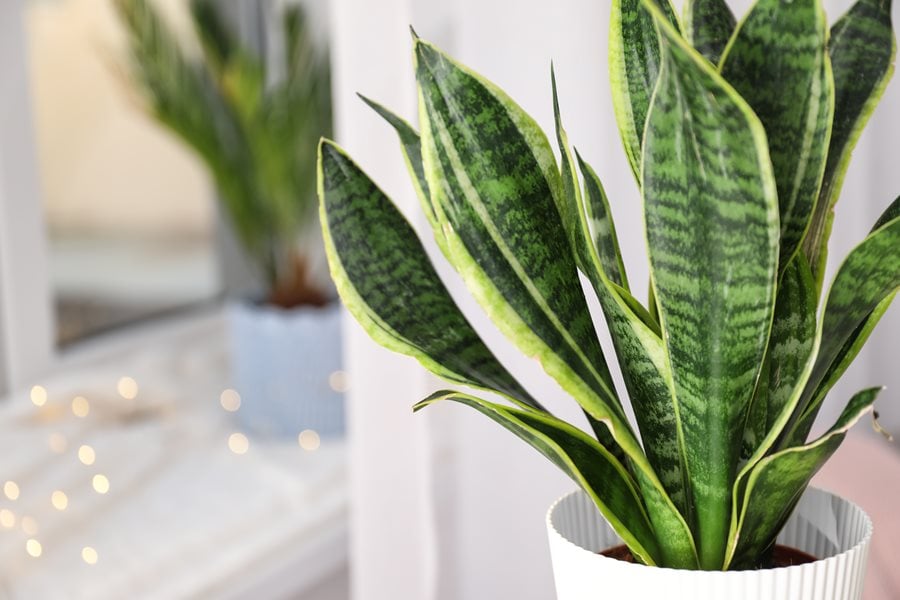
Though sharp-edged plants are usually avoided in Feng Shui, the snake plant is an exception. Its strong vertical lines symbolize resilience, protection, and upward growth.
Place it near the entryway or in low-light corners where energy feels stagnant. It also works well in the southeast or east for money and family luck.
Rubber Plant (Ficus Elastica)
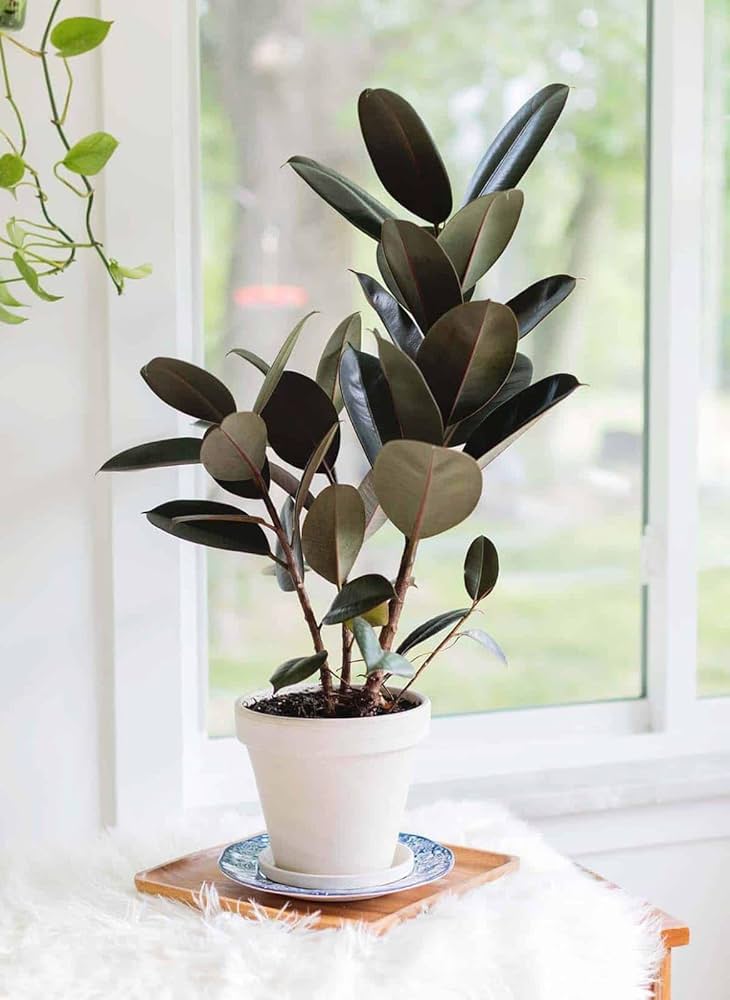
With its large, rounded leaves, the rubber plant represents abundance, good fortune, and financial growth. It’s an excellent air purifier too.
Place it in the wealth corner (southeast) of your living room or office. Choose a pot with some gold or red elements to boost its energetic effect.
Pothos (Devil’s Ivy)
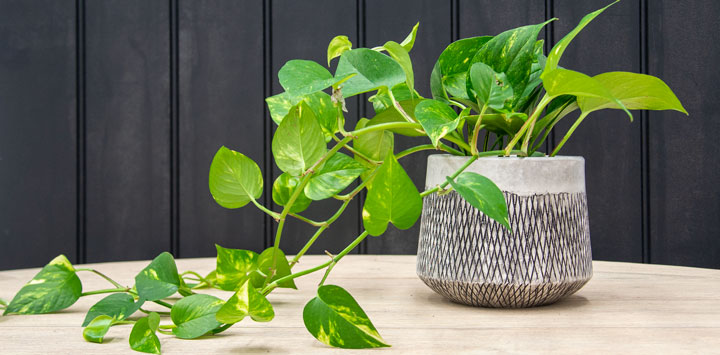
Don’t let the name fool you—pothos is a lucky plant in Feng Shui. It symbolizes constant energy flow and resilience. Its trailing vines are ideal for softening harsh corners or empty walls.
Use pothos in the living room, home office, or even on kitchen shelves. It’s very low-maintenance and thrives in almost any condition.
Areca Palm
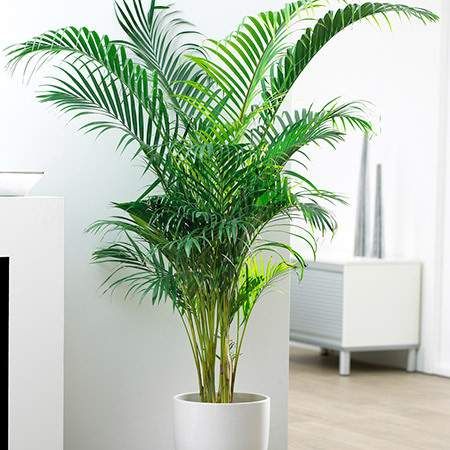
The areca palm is known for spreading clean, fresh energy. Its lush, feathery leaves help circulate air and Chi, making it perfect for larger rooms.
Place it in bright corners of your living room or hallway. It also works well in the east for family luck and in the health center of your home.
Orchid
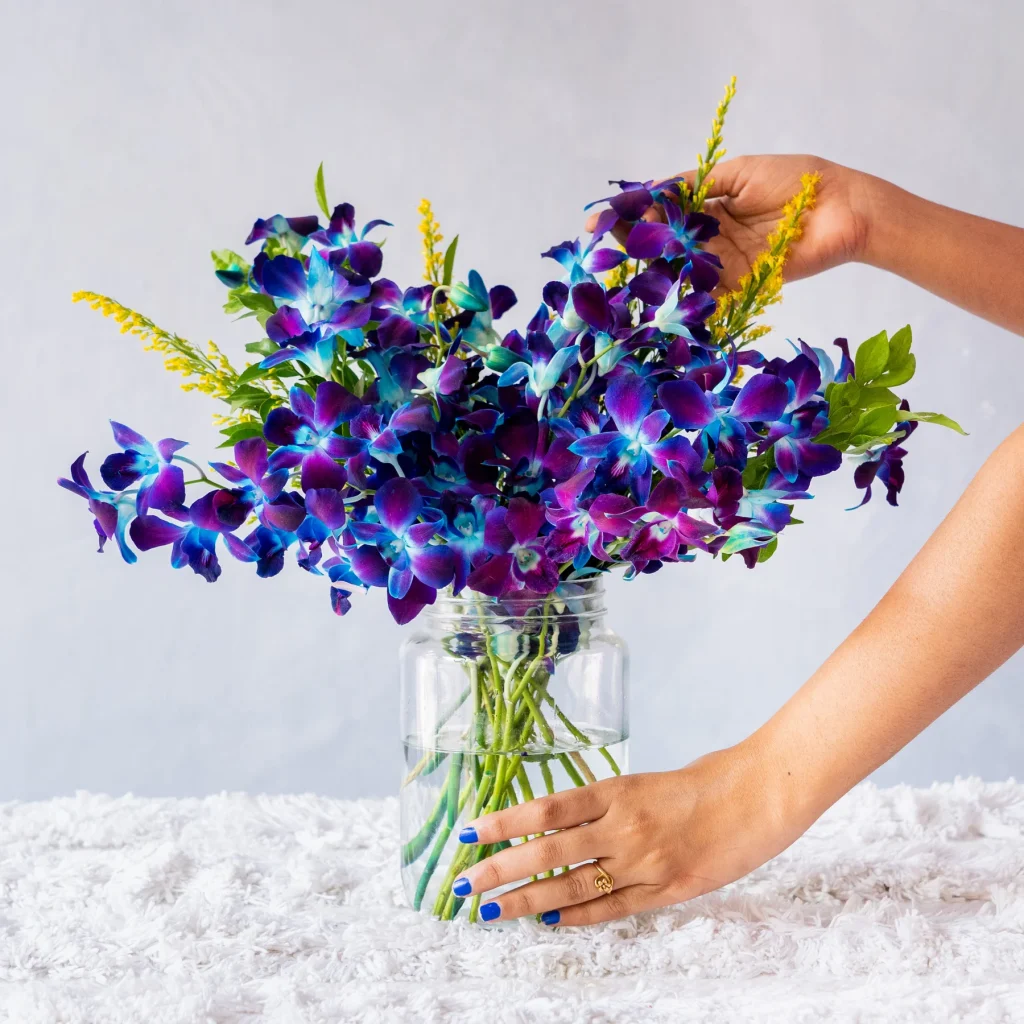
Orchids symbolize love, beauty, fertility, and spiritual growth. They’re commonly used in Feng Shui to enhance relationships and attract romantic luck.
Keep orchids in the southwest area of your bedroom or living room. White, pink, and purple varieties are considered the most auspicious.
Boston Fern
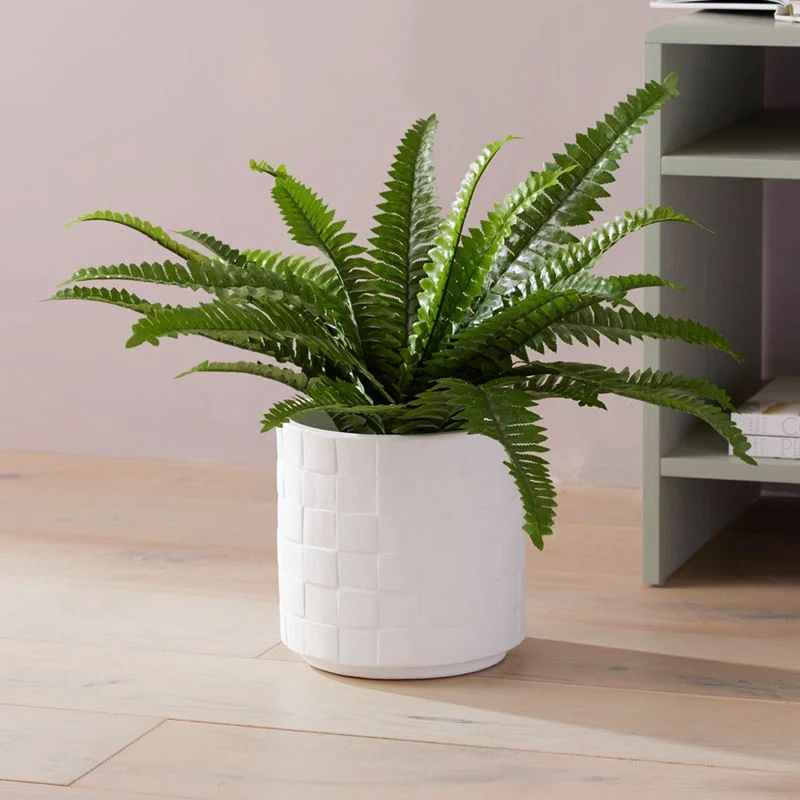
This soft, bushy plant is believed to absorb negative energy and replace it with calm, gentle Chi. It’s excellent for people who feel anxious or restless at home.
Place Boston ferns in hanging baskets in the east or southeast. They also do well in bathrooms where humidity levels are higher.
Aloe Vera

Aloe is more than just a healing plant—it’s also considered lucky in Feng Shui. It’s believed to ward off negative energy and bring in health and renewal.
Place it near windows in kitchens or sunlit spots in your living room. It also absorbs harmful toxins from the air, making your home feel fresher.
Calathea
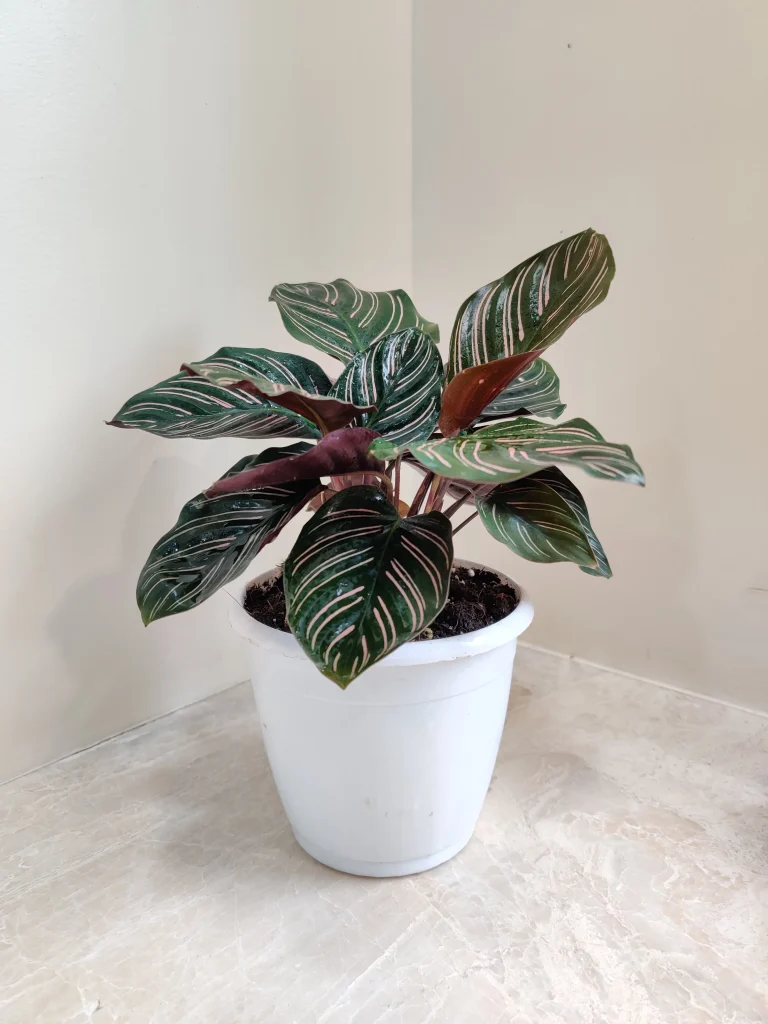
Calatheas are known for their dramatic patterns and vibrant leaves. In Feng Shui, they represent new beginnings, vitality, and positive transformation.
Keep calatheas in the east or center of your home to support family and health energy. They prefer filtered light and high humidity.
Bonus: Tulsi (Holy Basil)
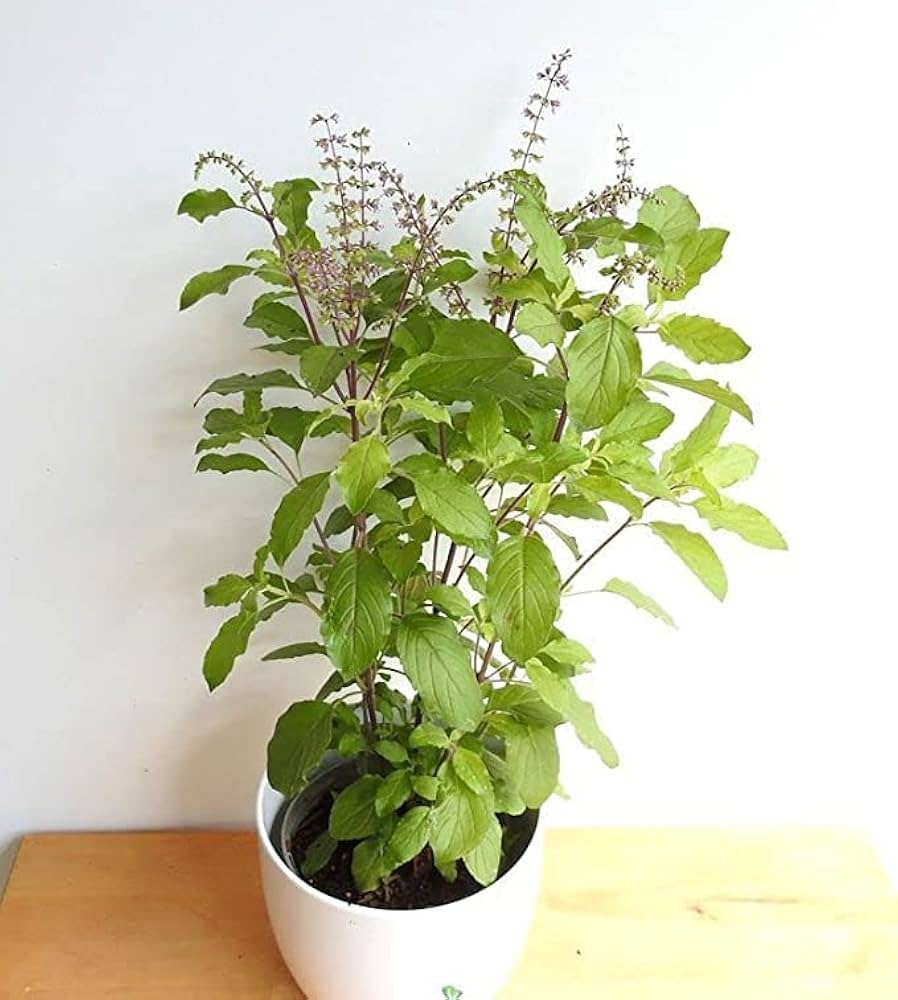
In Vastu and Indian Feng Shui traditions, Tulsi is one of the most sacred plants. It’s known to protect the home, promote well-being, and create a spiritual vibration.
Place it near a sunny window or in your prayer room if you have one. Keep it healthy, and never place it in the bathroom or dirty spaces.
Final Tips for Using Plants in Feng Shui
- Always choose healthy, thriving plants. Dying or neglected plants invite stagnant energy.
- Avoid cacti or spiky plants unless placed strategically for protection (like near the front door).
- Regularly wipe dust off leaves to keep the Chi fresh and moving.
- Use attractive pots—terracotta, ceramic, or metal based on the element of the Bagua zone.
- Rotate plants occasionally if they lean too much toward the sun. Balance is key.
Adding even just one or two of these lucky plants to your home can make a visible difference in how your space feels. You’ll not only beautify your environment but also support the energetic flow that invites more health, joy, and prosperity into your life.
Let your home grow in harmony—with nature, energy, and intention. That’s the true Feng Shui way.
